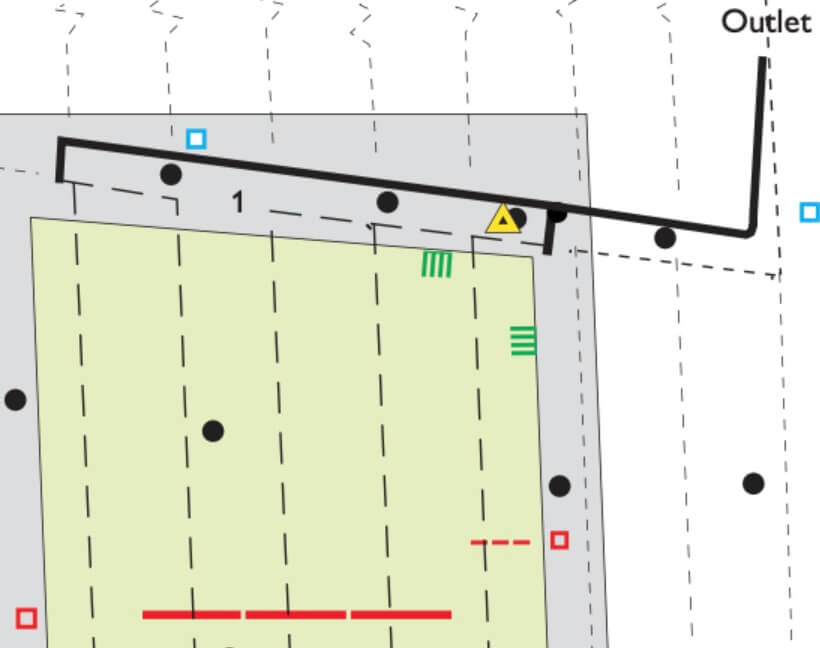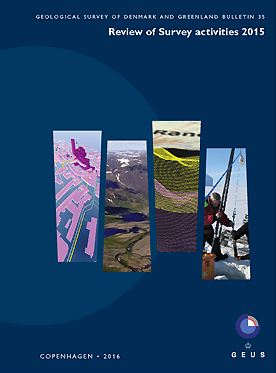
How to Cite
Share
Abstract
The Danish Pesticide Leaching Assessment Programme (PLAP) was initiated in 1998 by the Danish Parliament in order to evaluate whether the use of approved pesticides will result in an unacceptable contamination of the groundwater, if applied under field conditions in accordance with current Danish regulation. In this programme, water samples from variably saturated soil and groundwater collected at five cultivated fields are analysed for selected pesticides and their degradation products. The PLAP results are summarised and evaluated in yearly reports and used by the Danish Environmental Protection Agency in the regulation of pesticides in Denmark (Brüsch et al. 2015). In order to represent typical farming scenarios in Denmark, the test fields are situated on meltwater and marine sands, and on tile-drained clayey soils in till areas.
How to Cite
Share
Downloads
Editors Adam A. Garde, Ole Bennike, Kristine Thrane and W. Stuart Watt
This issue of Review of Survey Activities presents a selection of 24 papers reflecting the wide spectrum of current activities of the Geological Survey of Denmark and Greenland, from the microscopic to the plate-tectonic level.
The Survey’s activities in Denmark are illustrated [...]










